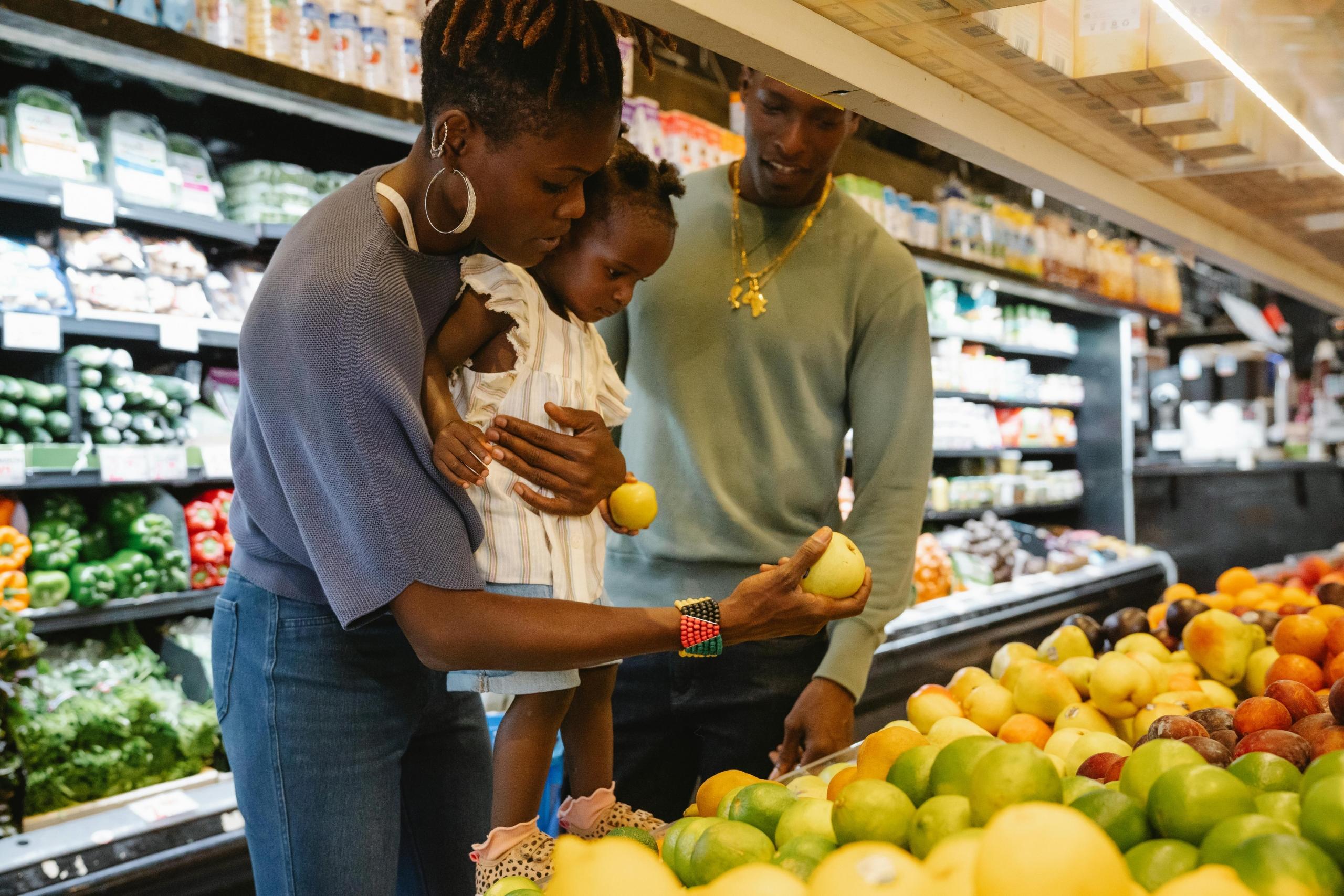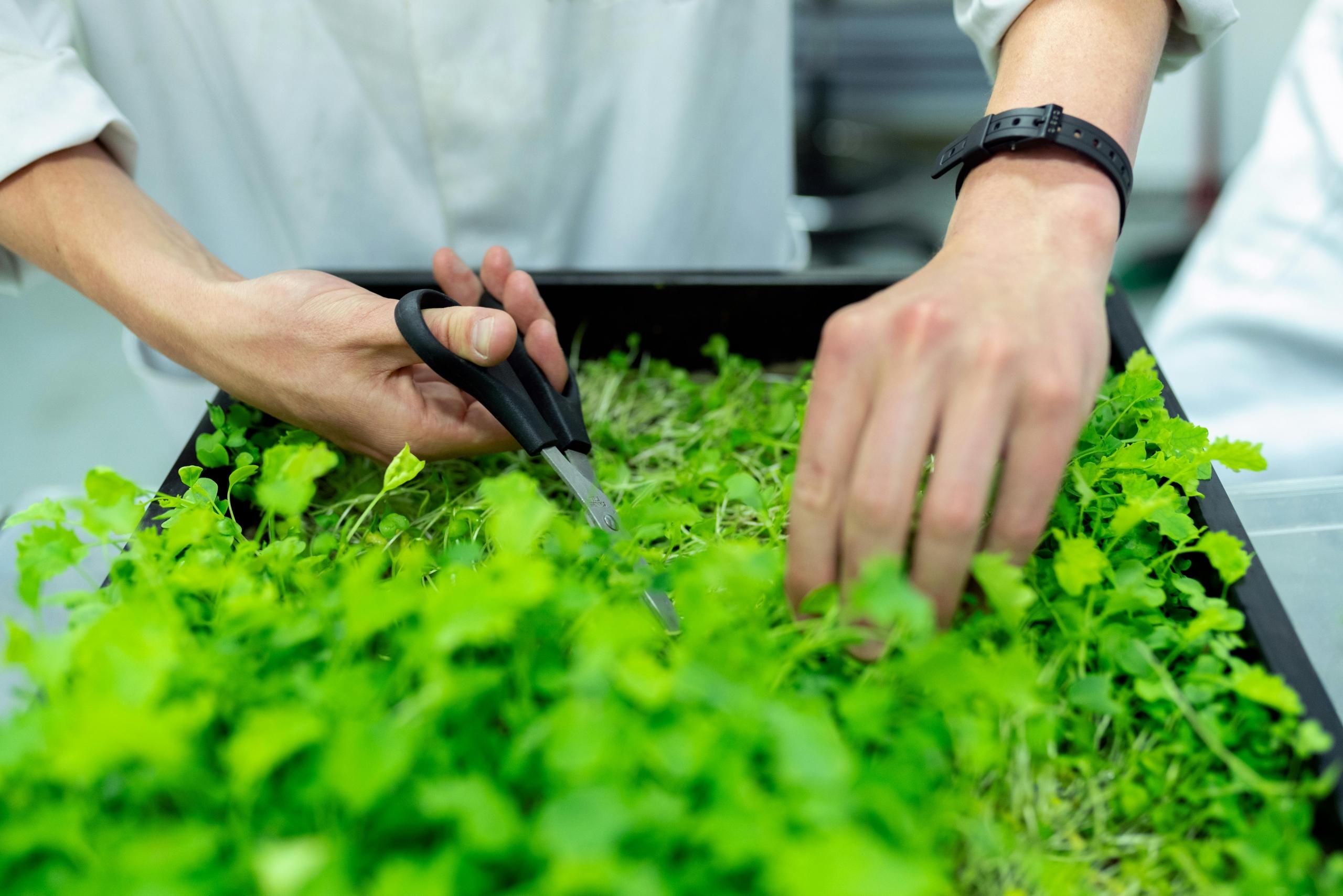Maybe you're the kind of person who, upon cracking open a bag of chips to find a pile of crumbs, frustrates you. Perhaps you have even thought, "There’s got to be a way to package these without so much mess. Would it surprise you that these chip bags are infused with nitrogen to prevent this?
Some of the jobs in careers in food science and technology include ensuring that chips are cooked, seasoned, inspected, and made ready for packaging. In addition, just before sealing, each bag gets a burst of nitrogen. This nitrogen serves a triple purpose:
- It eliminates most of the oxygen, extending the shelf life of the chips.
- Displacing oxygen helps to prevent spoilage because bacteria need oxygen to survive.
- The inflated bag acts as a buffer to safeguard the chips and preserve their form.
So, if you want fresh, intact crisps, remember to look for the puffiest bag. This savvy preservation method even has a name: modified atmosphere packaging (MAP).
MAP likely emerged from a food science lab, potentially crafted by someone with food technologist skills. If this sounds like something of interest, then perhaps careers in food science and technology are for you.
Professionals within food science and technology jobs have significant influence in the food industry. They uphold food safety in processing plants while ensuring that production efficiency doesn't compromise food quality. While they might contribute to designing food processing plants and packaging, labelling falls under a different department.
However, when it comes to the nutritional values and ingredient lists on labels, this is a job that requires more in-depth food technologist skills.
If you are intrigued about how to become a food technologist, then this article, which delves into food technologist skills as well as careers in food science and technology is for you.

How to Become a Food Technologist: Get Educated
For centuries, people have preserved food without the need for higher education. However, having expertise in curing meats, crafting sausage, and preserving vegetables as passed down from grandparents or parents doesn’t automatically qualify one for food technology graduate jobs.
Food science and technology jobs require intensive study in the areas of food safety and quality. For instance, someone working in a processing plant that handles food, contamination prevention and must adhere to governmental safety and quality standards needs food technologist skills.
One only needs to consider the potentially drastic consequences of people falling ill from poorly handled fish, meat or vegetables to know that food science and technology jobs are important.
As you can see food safety is a viable business path, but the question is, where in South Africa can you pursue a tertiary education for food technology graduate jobs?
Several South African tertiary institutions offer food technology qualifications: University of Pretoria, Stellenbosch University, University of Johannesburg, Cape Peninsula University of Technology, Durban University of Technology, Tshwane University of Technology, Central University of Technology, University of KwaZulu-Natal, and North-West University.
To pursue an education in food technology, it is wise to aim for subjects like Mathematics, Physical Sciences, and Life Sciences in Matric. In terms of admittance, universities require a minimum of 50-60% in these subjects to qualify. Of course, achieving higher scores, especially in Mathematics and Sciences, can strengthen your application. Some institutions might also consider results in subjects like English and additional science-related subjects as advantageous. Aim for a balanced performance across subjects to demonstrate a solid foundation for food technology studies.
How to Become a Food Technologist: Get Experience
Once you have chosen your food science degree, you will soon find out about subjects like dietetics, nutrition, and food studies.
You may also find that some universities integrate work placements into their programmes too. For instance, you could find a robust work-study initiative where a year in a food manufacturing or processing plant will enrich your learning before you obtain your undergraduate degree. Although this could extend the duration to four years, the extra time provides valuable information about the kinds of food technologist skills you will need.
Discover how to become a food technologist.

Finding Food Science and Technology Jobs: Establish Your Network
It’s quite common for successful alumni in the food production industry to return to their alma mater to offer graduating students inspiration through talks and other networking opportunities. Here, alumni would typically conduct lectures or informal Q&A sessions about new food products or research developments.
Attempting to attend these events benefits your growth in food technology and can open potential doors for careers in food science and technology. Even if you're not eyeing a graduate programme in food microbiology or biotechnology, listening to talks and having conversations with subject matter experts in this way, can guide you.
Do you know the difference between a food technologist and food scientist?
Become a Member
One of the first steps to take if you are hoping to find food technology graduate jobs in South Africa is to become a member of certain organisations.
In South Africa, the South African Association for Food Science and Technology (SAAFoST) serves as the formal body that represents professionals in the food science and technology industry. SAAFoST is dedicated to promoting the development, dissemination, and application of knowledge in the field of food science and technology within South Africa. Whether you want to know more about food science and technology jobs in general, or food graduate jobs specifically, it is a worthwhile pursuit to become a member.
Established in 1964, SAAFoST functions as a non-profit organisation, that brings together professionals, researchers, educators, students, and individuals who are involved in various aspects of food science and technology. It serves as an excellent platform for networking, collaboration, and knowledge exchange among its members.

SAAFoST conducts seminars, workshops, conferences, and events that are aimed at developing education, professional development, and the advancement of food science and technology in South Africa. In addition, the association publishes journals, newsletters, and other resources to keep its members informed about the latest research, trends, and innovations in the field.
Through its various initiatives, SAAFoST plays a crucial role in promoting food safety, quality, and innovation while supporting the professional growth and recognition of individuals involved in the food science and technology industry in South Africa.
Typical Food Science and Technology Jobs in South Africa
Food technologist skills aside, once you are qualified, what careers in food science and technology are available to you?
- Food Technologist: Conduct research, develop and improve food products, and ensure quality, safety, and compliance with regulations.
- Quality Assurance Manager: Oversee quality control processes, implement standards, and ensure adherence to food safety regulations.
- Food Safety Auditor: Inspect facilities, conduct audits, and assess compliance with food safety standards and protocols.
- Research Scientist: Conduct scientific experiments, study food properties, and develop new techniques or products.
- Flavour Chemist: Develop and test flavours and fragrances for use in food products, beverages, and other consumables.
- Product Development Manager: Lead teams in creating and refining new food products, from concept to market launch.
- Sensory Analyst: Evaluate the taste, smell, texture, and appearance of food products through sensory testing.
- Food Microbiologist: Study microorganisms in food, examine foodborne illnesses, and implement strategies for prevention.
- Packaging Technologist: Design and develop packaging solutions to preserve food quality and enhance shelf life.
- Food Engineering Technician: Assist in designing and improving food manufacturing processes and machinery.
- Regulatory Affairs Specialist: Ensure compliance with government regulations regarding food labelling, safety, and manufacturing.
- Food Inspector: Conduct inspections at food processing facilities to ensure adherence to quality and safety standards.
- Analytical Chemist: Conduct chemical analyses of food components to ensure quality and compliance.
- Nutritionist/Dietitian: Provide expertise on food and nutrition and offer advice on dietary choices and health implications.
- Food Process Improvement Specialist: Identify and implement strategies to optimise food production processes for efficiency and quality improvement.
These roles, which represent a diverse range of careers in food science and technology within the South African context all contribute to the unique creation, innovation and safety of food products and processes.
Summarise with AI















